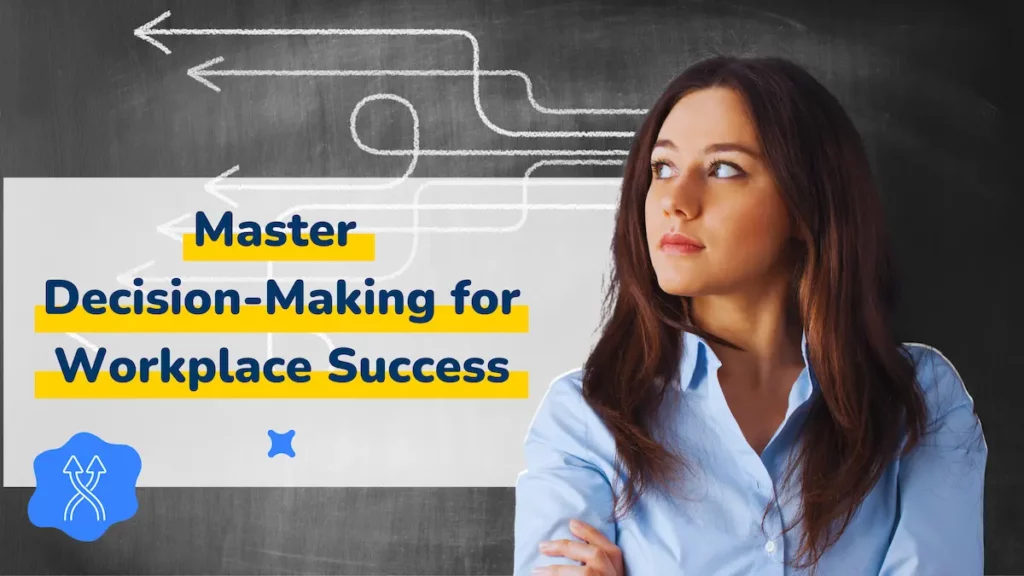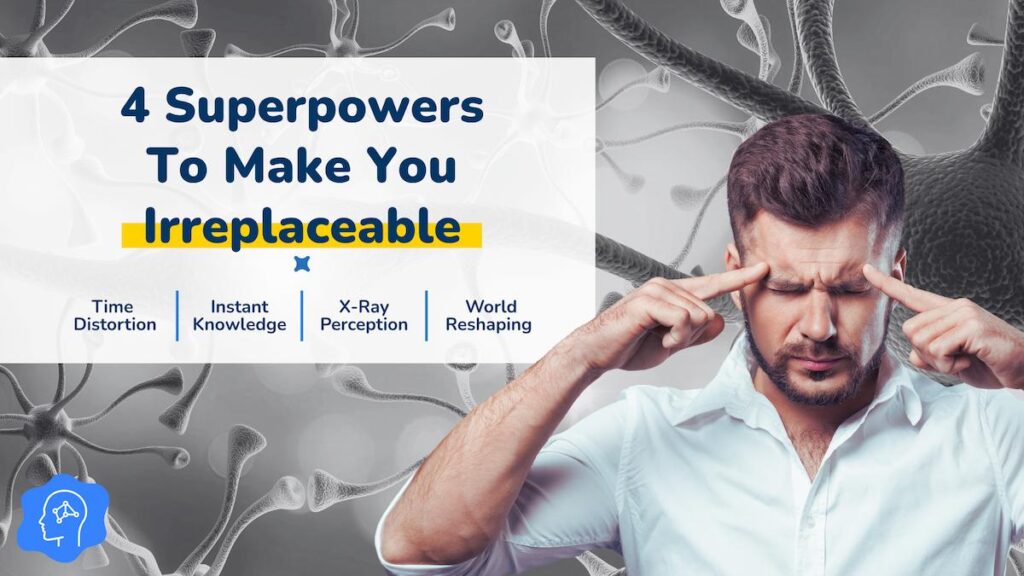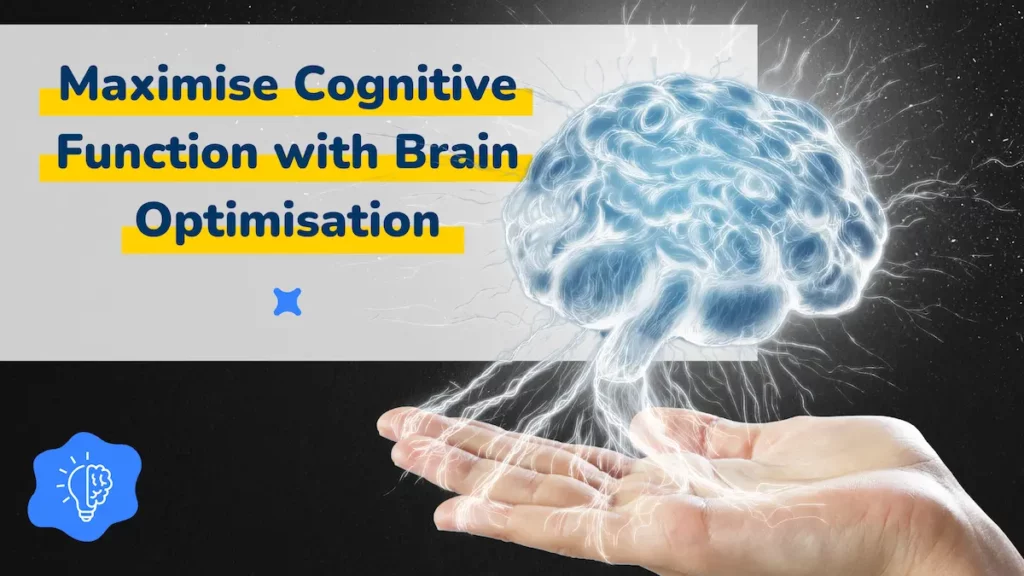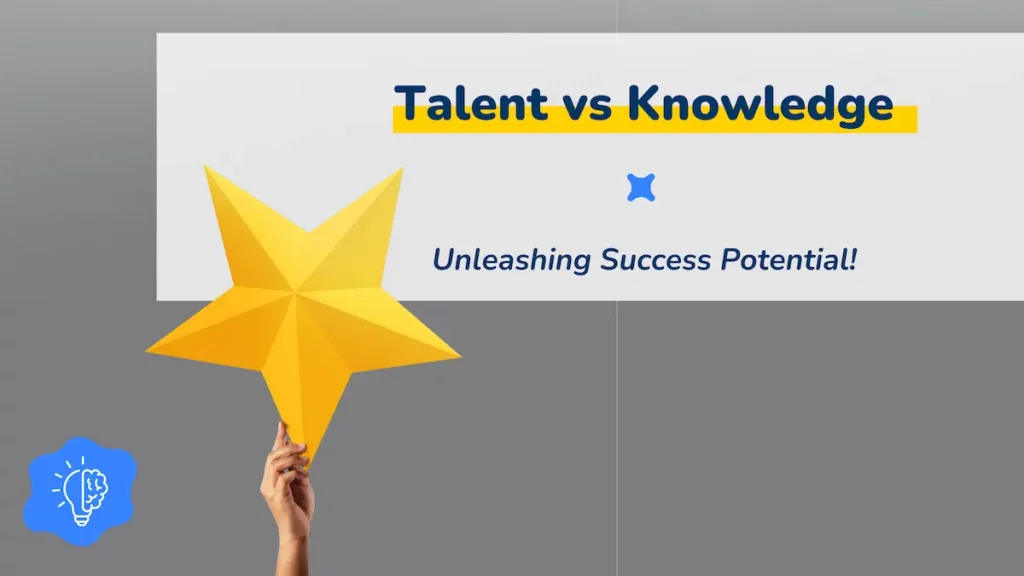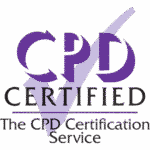Effective decision-making is crucial for workplace success, influencing productivity, employee engagement, and overall organisational efficiency. Every day, professionals are faced with decisions that can impact their projects, teams, and companies. This article delves into the significance of decision-making and offers actionable strategies to master decision-making skills.
Understanding Decision-Making
Decision-making involves selecting the best course of action from several alternatives. It requires evaluating information, considering potential outcomes, and choosing the most effective solution. Good decision-making balances logical analysis with intuitive judgement, ensuring well-rounded outcomes.
The Benefits of Strong Decision-Making Skills
Enhanced Productivity
Effective decision-making streamlines processes, reduces deliberation time, and minimises delays. Quick, informed decisions keep projects on track and boost overall productivity. When you master decision-making, it prevents bottlenecks, allowing the workflow to proceed smoothly. This is particularly important in dynamic environments where swift action can be the difference between success and failure.
Improved Employee Engagement
Involving employees in decision-making makes them feel valued and engaged. This participation fosters a sense of ownership and accountability, leading to higher job satisfaction and motivation. Employees who feel their opinions matter are more likely to be committed to their work and perform at higher levels. This collaborative approach also enhances trust and communication within teams.
Better Problem-Solving
Strong decision-making skills enable proactive issue resolution. By anticipating potential problems and making informed decisions, teams can avoid crises and maintain smooth operations. Effective decision-makers are adept at identifying potential risks and opportunities early, which allows for timely interventions that mitigate issues before they escalate.
Increased Innovation
Diverse perspectives in decision-making lead to innovative solutions. Collaborative processes leverage the team’s collective intelligence, resulting in creative and effective outcomes. When a variety of ideas are considered, it increases the likelihood of finding unique and innovative solutions that can give the organisation a competitive edge.
Strategies to Improve Decision-Making Skills
Define Clear Objectives
Establish clear goals and objectives as the foundation to master decision-making. Understand the purpose and desired outcomes of your decision to guide the process. Clear objectives provide direction and a benchmark against which to measure the success of the decision.
Gather Relevant Information
Collect all necessary data and insights before making a decision. This includes quantitative data, expert opinions, and stakeholder feedback, allowing for a well-rounded analysis. Comprehensive information gathering ensures that decisions are based on accurate and complete data, reducing the risk of errors and oversights.
Consider Multiple Perspectives
Engage different viewpoints to ensure a holistic understanding of the situation. Diverse perspectives can uncover blind spots and lead to more robust solutions. Encourage team members to share their insights and consider viewpoints from different departments and levels of the organisation.
Evaluate Alternatives
List all possible options and evaluate them based on feasibility, risks, and benefits. Use tools like SWOT analysis (Strengths, Weaknesses, Opportunities, Threats) to compare alternatives objectively. This structured evaluation helps in identifying the most viable and effective solution.
Use Decision-Making Frameworks
Employ structured frameworks to guide your decision-making process. Techniques such as the Decision Matrix, Cost-Benefit Analysis, and the Delphi Method help organise thoughts and prioritise actions. These frameworks provide a systematic approach to decision-making, ensuring that all relevant factors are considered.
Trust Your Intuition
While data and analysis are crucial, intuition also plays a vital role in decision-making. Trust your gut feelings, especially when you have substantial experience in the area. Intuition can be particularly valuable when decisions need to be made quickly and there is limited information available.
Take Decisive Action
Avoid paralysis by analysis. Once you have gathered information and evaluated options, make a decision and commit to it. Decisiveness builds confidence and drives progress. It’s important to set clear timelines for decision-making to ensure that the process does not drag on unnecessarily.
Review and Reflect
After implementing a decision, review its outcomes and reflect on the process. Analyse what worked well and identify areas for improvement. Continuous learning enhances future decision-making abilities. Regularly scheduled reviews and debriefs can provide valuable insights that inform future decisions.
Enhancing Decision-Making Skills with inGeniusly
Hands-On Approach to Decision-Making
inGeniusly offers a hands-on approach to enhance and master decision-making skills. By providing practical exercises and real-world scenarios, inGeniusly ensures that you can apply the techniques you learn in a meaningful way. This approach helps solidify your understanding and ability to implement decision-making strategies effectively.
Integrating Complementary Skills
Effective decision-making often requires a combination of other cognitive skills such as focus, critical thinking, lateral thinking, and attention to detail. inGeniusly integrates these complementary skills into its training programs, providing a comprehensive skill set that enhances your overall cognitive performance.
- Focus: Improving your ability to concentrate helps you evaluate options without being distracted by irrelevant details.
- Critical Thinking: Enhances your ability to analyse information logically and systematically, ensuring that your decisions are well-founded.
- Lateral Thinking: Encourages creative and unconventional approaches to decision-making, leading to innovative solutions.
- Attention to Detail: Ensures that all aspects of the decision are carefully considered, reducing the risk of oversight.
Organising Your Thoughts Effectively
One of the key challenges in decision-making is organising your thoughts clearly and logically. inGeniusly helps you develop strategies to structure your thinking processes, making it easier to identify the best course of action.
- Mind Mapping: Helps visualise relationships between different aspects of the decision.
- Structured Decision-Making Models: Provides frameworks to systematically address each stage of the decision-making process.
Accurate Problem Identification
By helping you organise your thoughts effectively, inGeniusly ensures that you can identify the actual problem more accurately. This precision in problem identification is crucial for developing effective and sustainable solutions.
The Result: Enhanced Decision-Making Abilities
Through its hands-on approach, integration of complementary skills, and focus on effective thought organisation, inGeniusly significantly enhances your decision-making abilities. This comprehensive training ensures that you are well-prepared to tackle complex decisions and contribute to your business’s success.
Effective decision-making is essential for workplace success. By defining clear objectives, gathering comprehensive information, considering multiple perspectives, and using structured frameworks, you can improve and master decision-making skills. These strategies not only enhance productivity and employee engagement but also foster innovation and proactive problem-solving. Embrace these practices to make informed, confident decisions that drive your organisation forward.
FAQs
Why is decision-making important in the workplace?
Decision-making is important in the workplace because it influences productivity, employee engagement, and organisational efficiency. Effective decisions lead to streamlined processes, innovative solutions, and proactive problem-solving.
How can I improve my decision-making skills?
You can improve your decision-making skills by defining clear objectives, gathering relevant information, considering multiple perspectives, using decision-making frameworks, trusting your intuition, taking decisive action, and reviewing outcomes for continuous learning.
What are decision-making frameworks?
Decision-making frameworks are structured methods that guide the decision-making process. Examples include the Decision Matrix, Cost-Benefit Analysis, and the Delphi Method. These frameworks help organise thoughts, prioritise actions, and ensure comprehensive evaluation of options.
How does inGeniusly enhance decision-making skills?
inGeniusly enhances decision-making skills through a hands-on approach that integrates complementary skills such as focus, critical thinking, lateral thinking, and attention to detail. By helping you order your thoughts effectively and accurately identify problems, inGeniusly ensures you develop robust decision-making abilities.
What is the role of intuition in decision-making?
Intuition plays a vital role in decision-making, especially when there is limited information available or when decisions need to be made quickly. Trusting your gut feelings, particularly when you have substantial experience in the area, can complement logical analysis and lead to well-rounded decisions.
Why is it important to review and reflect on decisions?
Reviewing and reflecting on decisions is important because it helps you understand what worked well and identify areas for improvement. This continuous learning process enhances your future decision-making abilities and ensures better outcomes over time.
